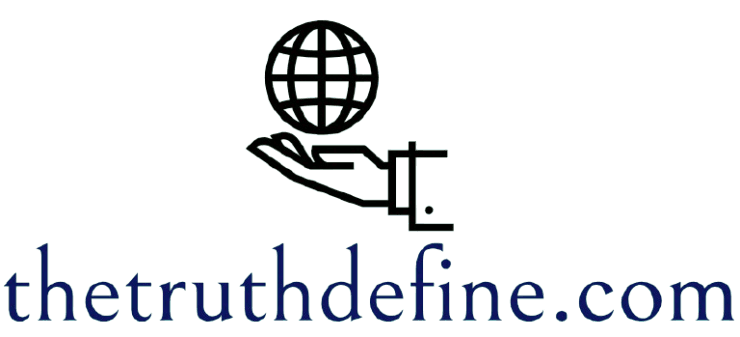- Global Media Hypocrisy
- Western Media Bias:
Western media, like CNN and BBC, has often justified Israel’s actions as “self-defense” and portrayed Palestinians as “terrorists.” This media bias distorts the Palestinian narrative and influences global public opinion. When civilian casualties occur in Gaza, Western media only highlights the Israeli perspective, and Palestinians are not given the opportunity to explain their struggles.
- Selective Reporting:
Middle Eastern channels like Al Jazeera highlighted the Palestinian narrative, but this voice has been suppressed on global platforms. This selective reporting was done to obscure Palestine’s struggle. This made it difficult for the global community to raise their voices for Palestine, while minimizing Israel’s brutality.
- Social Media Propaganda:
On social media platforms, pro-Palestinian voices were censored, while pro-Israel propaganda was amplified. This social media censorship is a threat to democracy and free speech. Through algorithmic bias and misinformation, social media platforms justified Israel’s actions and suppressed discussions in favor of Palestine.
- Role of Global Organizations and Their Silence
- Human Rights Groups:
Organizations like Amnesty International and Human Rights Watch published reports, but major powers ignored their recommendations. This silence is a disturbing signal for the global human rights framework. When it came to taking action on Palestine’s case, major world powers, like the United States and the EU, shielded Israel, preventing serious action on human rights violations.
- Climate Activists and NGOs:
Organizations working on climate change and humanitarian aid largely ignored the Palestinian crisis. The environmental destruction and humanitarian impact in Gaza were not on their priority list. If these organizations had included the Palestinian crisis in their agenda, they could have helped rebuild Gaza’s long-term environmental damage and infrastructure.
- The UN’s Role:
The UN made efforts for a ceasefire, but failed to take major steps for a permanent solution. The UN’s role has largely been ineffective, and no sustainable solutions have emerged for Palestine. Permanent members of the Security Council, like the US, stand behind Israel, questioning the UN’s neutrality.
- The Role of Muslim Countries: What Happened and What Could Have Been?
- Current Role:
Countries like Saudi Arabia, UAE, and Egypt have normalized diplomatic ties with Israel. This normalization is a betrayal for the Palestinians, as these countries have prioritized their relations with Israel, which is detrimental to the Palestinian struggle. These actions are not only harmful to Palestine but also dangerous for regional stability.
- Turkey and Iran’s Role:
Turkey and Iran have verbally supported Palestine, but their practical help has been limited. The lack of military and financial support significantly weakened Palestine’s efforts. If these countries had invested their resources in Palestine’s defense, they could have become a significant counterforce to Israel’s aggression.
- What Should Have Been Done?
United Stance: If Muslim countries had united and exerted diplomatic pressure, they could have imposed sanctions on Israel.
Economic Boycott: A global boycott of Israeli products would have sent a strong message. This action would have helped isolate Israel in the international arena.
Military Support: With military and logistical support, Palestine could have defended its land and people.
What Can Be Done?
File strong cases against war crimes in the International Court of Justice (ICJ).
Demand the deployment of UN peacekeeping forces.
Support global humanitarian efforts and organize relief efforts in Gaza.
What Is Needed for a Permanent Solution?
Two-State Solution: The creation of an independent statehood between Israel and Palestine, which is internationally recognized. This solution is not just a path to peaceful coexistence, but also affirms the Palestinians’ right to self-determination.
Global Sanctions: Imposing economic and military sanctions on Israel. This could hold Israel accountable for its actions.
Justice and Accountability: Prosecute those responsible for war crimes. This will strengthen the international justice system.
Humanitarian Aid: Implement long-term humanitarian aid plans for the people of Gaza and the West Bank. This aid will help fulfill their basic needs.
Conclusion:
The story of Palestine is a universal struggle that has lasted for 100 years. It is a wake-up call for the global community that if action is not taken now, it will turn into another dark chapter in history. United efforts are needed for justice and peace so that Palestinians can live a happy and independent life.
Understand Palestine’s struggle and raise your voice. Share this blog and be sure to write your thoughts in the comments.





